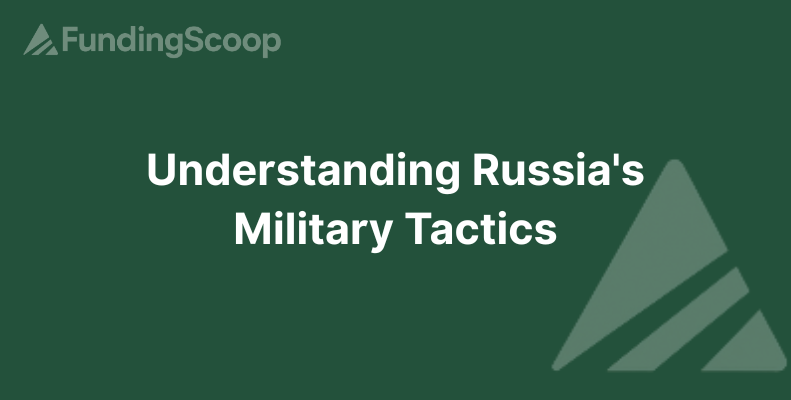
Understanding Russia's Military Tactics
Jonathan Pike
Russia's strategic military shifts in Ukraine have led to significant changes in Ukrainian defense strategies and heightened global security concerns, particularly for the UK. The conflict's impact on international economic stability, especially in energy and cybersecurity, requires businesses and governments to rethink strategies. Maps of Ukraine's frontlines by the BBC highlight the conflict's complexity and potential ceasefire scenarios, stressing the need for stakeholders to understand these dynamics.
The recent assessment of Russia's military actions in Ukraine, as detailed by the Institute for the Study of War, has brought to light significant strategic shifts. This report highlights how Russia's renewed offensive maneuvers in Ukraine have prompted crucial adjustments in Ukrainian defense strategies. For more comprehensive insights, the Kyiv Post offers a detailed analysis.
Importantly, the UK government has emphasized the persistent threat posed by Russian military strategies, stating that Ukraine, despite its significantly smaller military, remains a central target in Russia's offensive. The UK's stance, detailed in a government speech, highlights how these maneuvers affect both European and international security.
My Take
The developments in Russia's military approach underscore the importance of understanding these strategies to anticipate future threats adequately. While many may view the conflicts as distant, the ripple effects could impact global economic stability, particularly in energy markets and cybersecurity domains. This could compel businesses and governments worldwide to rethink their defensive and strategic positions.
The BBC recently mapped Ukraine's frontlines, outlining potential ceasefire scenarios and underlining the complexities of the military geography. Understanding these dynamics is crucial for stakeholders, from policymakers to business leaders, as they navigate the uncertainties presented by this ongoing conflict.


